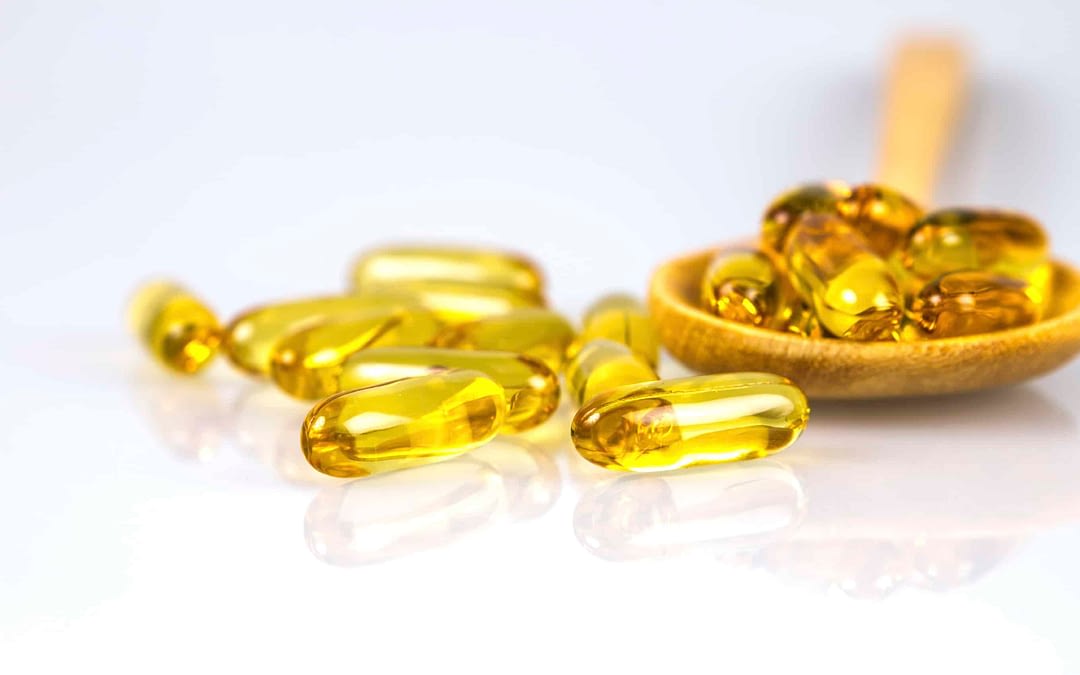Dr. Jordan Robertson BHSc. ND RAc
Naturopathic Doctors with a prescribing licence in Ontario have spent considerable time examining the use of primary care drugs that treat most medical conditions. My focus on Cardio-Metabolic health has lead me to seek out additional training and conferences that educate me further on the use of drug therapy for heart disease, to better help my patients make choices about their care.
One of the most profound courses I have taken (so much so that I’ve actually taken it twice) examined the differences between the statin class drugs, and outlined the evidence for why certain Statins cause the side effects they do. As a result I have now educated Medical Doctors weekly on the difference between these two drugs (Crestor and Lipitor) as I help patients advocate for a drug that fits their picture better, or may reduce their risk of side effects. Lipitor and Crestor are not the same. Although both of these drugs are from the class that blocks cholesterol production, their affinity for other tissues (muscle) are what changes some of their side effects.
The original data on muscle pain and statin drugs lumped all statin types together, and found that on the whole, very few (<5%) of patients actually experienced muscle pain when they were on a cholesterol drug. It was only years later when they stratified this data by TYPE of statin, did they find that the Lipitor group had pain to the tune of 20%. Interestingly, these studies also excluded patients who were more likely to have muscle pain, which means we may not have been studying the ‘average’ cholesterol patient at all.
Although I’m an advocate for natural cholesterol care wherever possible, sometimes patients need cholesterol lowering drugs to reduce their risk of a cardiac event. When considering using a Statin drug, you should have some preliminary blood work done to help us understand your risk of side effects, and the effect of the drug on your cardio-metabolic profile. These drugs lower testosterone, and worsen blood sugar balance, so they should not be taken lightly since both of these factors can independently worsen heart disease risk, especially for men.
These are the blood tests we routinely do for patients on statin drugs, especially if we are concerned about their risk of side effects.
Vitamin D
Vitamin D deficiency has been found to worsen myopathy (muscle pain) related to statin drug therapy. Patients who were treated for their deficiency saw an improvement in their muscle pain and could remain on their drug.
Insulin
Both Crestor and Lipitor worsen glycemic control (blood sugar balance) and fasting insulin is the earliest marker of this disturbance. We can treat elevated insulin with nutrients such as Carnitine so you can remain on your drug, but don’t develop diabetes as a side effect.
Testosterone
Lipitor lowers testosterone by an average of 3 points. With an important hormone such as this, you should have a baseline test done, and a 4-6 month screen after starting your drug to ensure that your levels are not being affected by your treatment. Low levels of testosterone can cause symptoms that are often chalked up to “aging” in men. This might be one of the times to switch to Crestor, which seems to have less of an impact on this particular side effect.
Of course we always hope that patients have exercised all possible options for lowering their cholesterol naturally before having to consider drug therapy for the rest of their lives. That all said, if we are choosing a drug, we should be doing it with intention, with specificity for each patient, and by supporting you to minimize your risk of an adverse event. Co-treatment of your cholesterol with your ND treats more than just your numbers, it reduces your risk of disease beyond the few numbers in a cholesterol panel.
Thompson PD et al, Statin-associated myopathy. JAMA 2003; 289:1681–1690.


Recent Comments